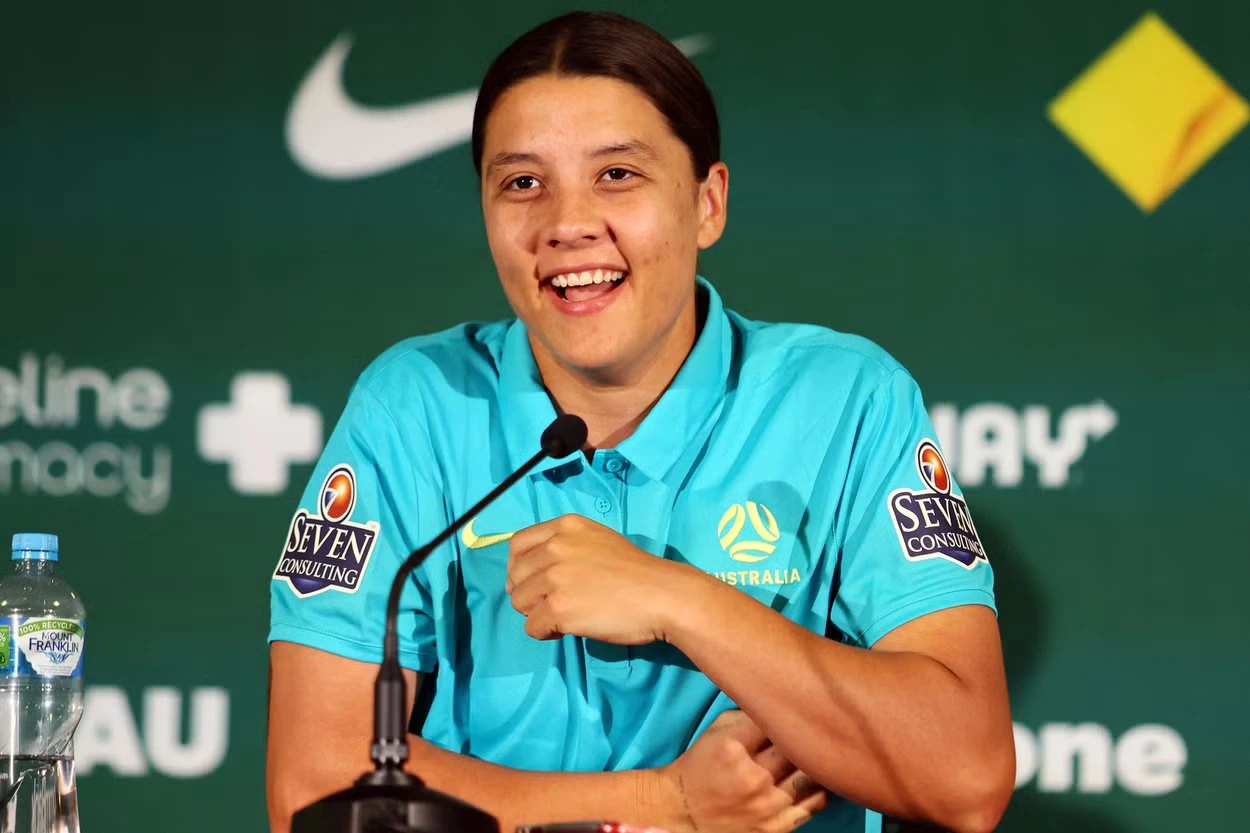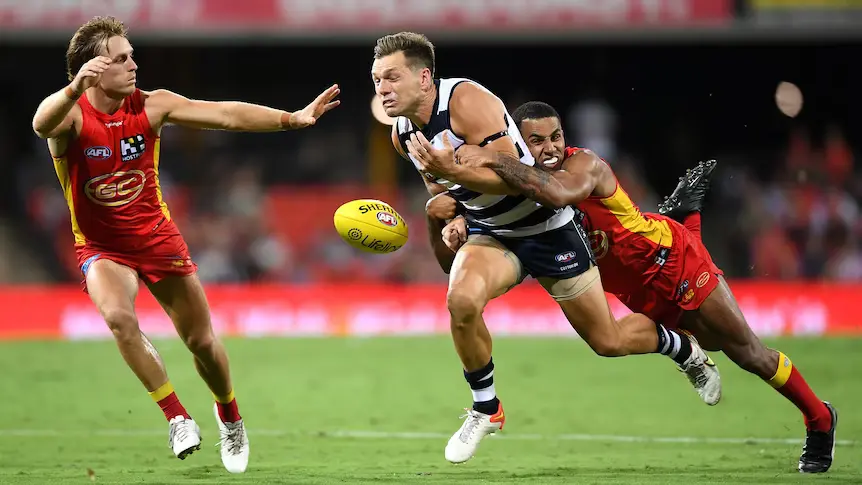
Among Australia’s most well-known athletes, Sam Kerr is a remarkable football player. Having represented the Matildas, Australia’s national football team, Chelsea in the English Women’s Super League, she is a household figure in women’s sports. However, a question often raised is: Is Sam Kerr Indigenous? This article delves into her background, addresses this query, and explores her advocacy for Indigenous issues in Australia.
Who is Sam Kerr?
Sam Kerr was born on 10 September 1993 in Perth, Western Australia. She grew up in a family passionate about sports, which shaped her future as a professional athlete. Her sportsmanship and leadership as well as her exceptional on-field performance have always been points of mention. Her speed, agility, and natural goal scoring prowess help her to rank among the best football players in the world.
Beginning her professional football career for Perth Glory in Australia’s Westfield W-League, Kerr Her ability was soon known, and she was playing for leagues and teams all around the globe, spending time in the United States before moving on to England to join Chelsea. She has won many honours over her career, including PFA Women’s Footballer of the Year in 2017, 2018, and 2019.
Is Sam Kerr Indigenous?
To clarify, Sam Kerr is not Indigenous. Her heritage traces back to Irish, Scottish, and English ancestry. Sam has freely shared her family’s history and displayed her pride in her ethnic background in interviews; she has not claimed Aboriginal or Torres Strait Islander ancestry.
With a rich history and close links to the ground, Aboriginal and Torres Strait Islander peoples are Australia’s First Nations people. Through customs, dialects, and culture, these people—who have lived on the Australian continent for more than 60,000 years—have greatly added to the nation’s identity. Though she is not Indigenous, Sam Kerr is happy to be Australian.
Sam Kerr’s family background
Although Sam Kerr’s background is not Indigenous, it’s still significant to know how her family shapes her identity. Sam grew up in Perth; her family is quite athletic. Roger Kerr, her father, was a professional soccer player who also played nationally for Australia throughout the 1980s. Sam followed professional athletics in line with her father’s career; her mother, a schoolteacher, also came from a sporty background.
In nary one of her public presentations, Sam Kerr mentioned her Indigenous background. Her family comes from Ireland, Scotland, and England, hence she has always loved talking about her varied origin.
Sam Kerr’s advocacy for Indigenous issues
Though she firmly supports Indigenous rights and issues in Australia, Sam Kerr is not Indigenous. From her vantage point, she has brought attention to problems including racism, health disparities, and educational possibilities for Aboriginal and Torres Strait Islander people.
Sam Kerr most famously supported Indigenous Australians at the 2019 FIFA Women’s World Cup. She entered that tournament sporting an Indigenous clothing created by Aboriginal artist Fiona Foley for a game against Brazil. For Australia’s First Nations people as well as Sam’s will to bring attention to Indigenous concerns, this was a major declaration of support.
Sam Kerr freely acknowledged the hardships Indigenous people experience—including the continuous fight for equality and recognition, by sporting this jersey. Given Sam’s great reputation as a worldwide sports star, this was a particularly significant gesture of solidarity.
Apart from her advocacy of Indigenous concerns, Sam Kerr has often underlined the need of leveraging her position to draw attention to social problems including racial inequalities. She is vocal about the importance of an open and fair society and is especially driven in helping young women, especially those from underprivileged backgrounds, in reaching their sporting objectives.
Why understanding Sam Kerr’s background matters
Understanding Sam Kerr’s past serves for several purposes. It first and most importantly answers any doubts regarding her identity. Given her support of Indigenous causes, some supporters might question whether she is Indigenous; thus, it is important to make clear she does not have Indigenous background. Her strong support of these issues, on the other hand, shows that anyone from any background could help to defend the welfare and rights of Indigenous people.
Secondly, Sam Kerr’s support of Indigenous Australians shows how someone from many backgrounds could use their position to fight for others. Her efforts for Indigenous concerns have brought them more attention in the larger society, therefore motivating more non-Indigenous people to learn Aboriginal and Torres Strait Islander history and practices.
At last, considering Sam Kerr as an example, we can see how someone with a great public profile, such as a well-known athlete, might shape society. By using her voice to draw attention to significant concerns, Sam Kerr shows that athletes can be powerful both on and off the field, that is, beyond just football.
The importance of Indigenous representation in sports
Sam Kerr is not Indigenous, nevertheless, it is important to recognise how rare Indigenous players are in Australian sports. Historically, indigenous sportsmen have battled to get the same opportunities and respect as their non-Indigenous colleagues. Still, many gifted Indigenous sportsmen have excelled in AFL, rugby, and athletics among other sports.
Young Indigenous Australians look mostly on sportsmen such as AFL player Adam Goodes and boxer Anthony Mundine as role models. These sportsmen motivate young people to believe they, too, can achieve and perform amazing deeds. Sam Kerr’s advocacy of Indigenous rights and dedication to increasing knowledge of these concerns highlight the need for more assistance and representation for Indigenous sportsmen.
Conclusion
Understanding Sam Kerr’s history and perspective on Indigenous issues helps one to appreciate the part non-Indigenous individuals can contribute to assist Indigenous communities. Sam’s projects remind us that all of us have the capacity to influence change; it is up to each of us to help to build a society more inclusive and equal. Though she is an ally and activist using her position to bring about good changes, Sam Kerr is not Indigenous.







